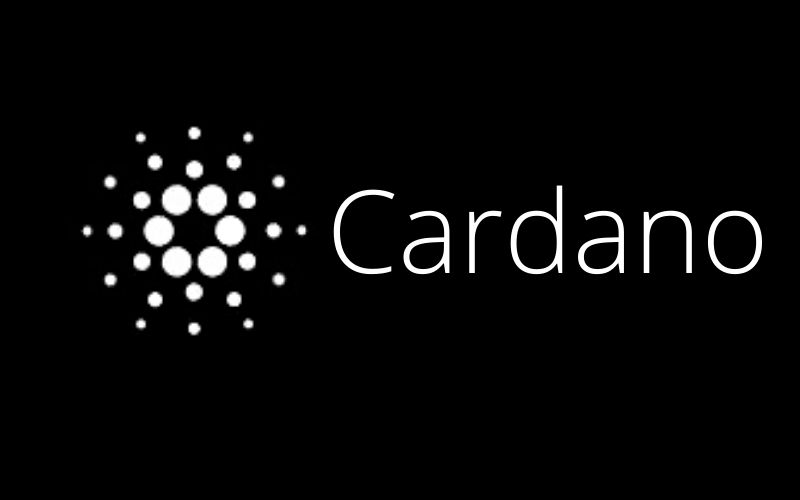On 31st March 2021, Cardano, a third-generation blockchain project that is currently transitioning into becoming a multi-language smart contract platform, attained a significant milestone.
The much-awaited Parameter D has finally reached 0, which implies that the blocks on the Cardano network are 100% produced by stake pool operators (SPOs). This also means that the block production on the Cardano network is now fully decentralized.
Read Also: Cardano Google Searches Hits New All-Time High in the Wake of Multi-Asset Era Implementation
In an interview on City AM anchored by James Bowater, the Product Director at IOG, Aparna Jue, described the attainment as a very important milestone to the future of the Cardano network.
Jue compared the block production of Cardano to the Bitcoin blockchain that is currently in the hands of 10 mining pools that control 85% of the network. So, the fact that there are a lot of stake pool operators on the Cardano is a huge advantage to the security and decentralization of the network.
Aparna Jue noted:
“Diversifying block production also has important security benefits, as a larger number of people producing blocks means there is less risk of a few bad actors taking control of the network.”
Read Also: Charles Hoskinson: 591 Assets Minted On Cardano in Just 8 Days into Multi-Asset Era
Why Decentralization Is So Important To Cardano
According to Aparna Jue, “decentralization is at the philosophical heart of the Cardano blockchain, not only from a technical perspective but also geopolitically.”
She added that a decentralized blockchain has the capability to remove the need for a middleman when it comes to finance, making the system more accessible and cheap for those who have previously been excluded due to their financial background and geographical location.
The fact that decentralization of the Cardano blockchain will allow for the democratization of access to financial services for all users, irrespective of location or background, makes it a vital goal for IOG, the developer of Cardano (ADA).
Aparna Jue noted:
“From a technical perspective, Cardano’s commitment to decentralization is linked with its proof of stake consensus mechanism, which was pioneered by IOHK in 2017. IOHK’s proof of Stake system allows the entire global blockchain network to be powered by the energy equivalent of just a single-family home, making it a more attractive and sustainable option.”
Read Also: Charles Hoskinson Says Basho Era Will Make Cardano (ADA) Scale in Millions
The Product Director for Cardano at IOG also compared the proof-of-stake (PoS) consensus algorithm adopted by Cardano to Bitcoin‘s proof-of-work (PoW). According to Jue, the level of decentralization of PoS is greater than the PoW consensus mechanism.
She said because of the competition encouraged by proof-of-work protocols, there is a possibility for a smaller number of miners to have control over block production. But such cannot happen in PoS due to the vast number of stake pool operators. For instance, Cardano has over 2,000 SPOs on its network.
Such a scenario is currently playing out in the Ethereum ecosystem, where a group of miners threatened to force a 51% attack on the Ethereum network, in order to stop Ethereum developers from implementing EIP-1559 targeted at reducing the cost of using the network.
“Proof of stake makes for a much more decentralized blockchain, as it lowers barriers to entry, meaning more people can participate, preventing the same issues arising that come from the concentration of miners in a proof of work blockchain,” Aparna Jue added.
In conclusion, Jue pointed out that achieving decentralization of block production is significant to Cardano and the blockchain industry at large.
Follow us on Twitter, Facebook, Telegram, and Download Our Android App
